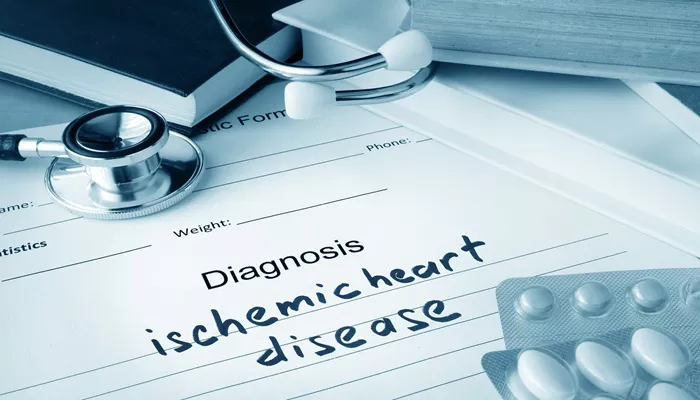At the McGill University Health Centre’s research institute, Dr. Renzo Cecere and his team are making groundbreaking strides in cardiac care, offering fresh hope to patients battling heart disease.
The researchers are exploring the potential of stem cell therapy to address the limitations of current treatments for heart disease. Dr. Cecere, a heart surgeon, believes their work could dramatically improve the quality of life for many patients who have not found success with conventional treatments.
“We believe our approach will have a major impact on patients’ lives,” Dr. Cecere said.
Heart failure affects millions of people worldwide, and about 10 to 20 percent of these patients suffer from arrhythmias, where the heart beats either too fast or too slow—a condition that can be life-threatening.
Dr. Cecere’s team is working to create personalized treatments aimed at restoring a normal heart rhythm for these patients.
“We are driven by the goal of helping patients who have been disappointed by previous treatments,” Cecere explained. “We want to make a difference.”
One of the therapies they are developing involves exposing stem cells to targeted low doses of radiation.
Here’s how it works: The team first takes a patient’s blood, extracts stem cells, and uses them to grow heart muscle cells that are genetically identical to the patient’s own cells. These new cells mimic the patient’s heart muscle, beating and contracting just like the original tissue.
Next, they use a specialized X-ray machine to expose the stem cells to controlled radiation to determine if it can correct the arrhythmia. The goal is to eventually apply this therapy directly to the patient’s heart, offering a potential treatment option for those struggling with irregular heartbeats.
Dr. Cecere’s innovative research has earned him the prestigious Trottier-Webster Innovation Award and a $100,000 grant.
Marie-Hélène Laramee, president of the McGill University Health Centre Foundation, highlighted the significance of Cecere’s work in giving hope to patients who have run out of treatment options.
“These patients have tried many treatments without success, and now they have a reason to be hopeful,” Laramee said.
Dr. Cecere is committed to fast-tracking these therapies, ensuring that patients will not have to wait for distant solutions but can see tangible results within their lifetimes.
Related topics:


